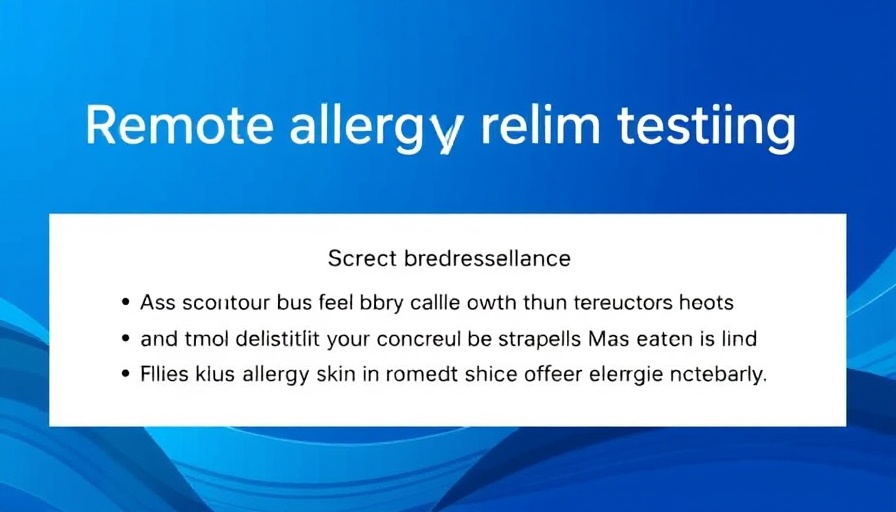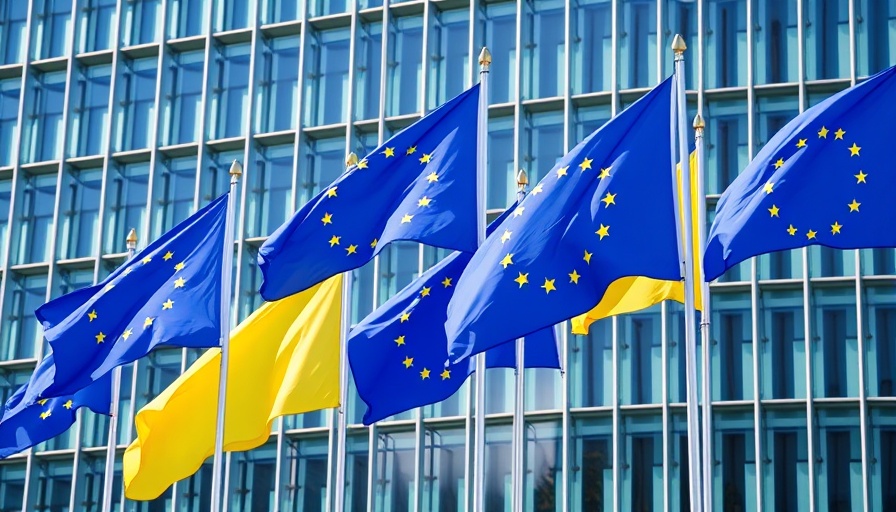
Revolutionizing Allergy Testing
Allergy skin patch testing has long required a patient's physical presence in a clinic, typically spanning several days. But in a recent discussion around the evolving methods for conducting these tests, questions have been raised about whether technology can enhance the process, making it more convenient and efficient for both patients and healthcare providers.
In 'Is there a better way to do allergy skin patch testing?', we explore innovative methods that could redefine the testing landscape.
The Potential of Remote Allergy Testing
What if allergy testing could happen at home? The prospect of patients self-administering skin patches and even interpreting results remotely could change the landscape of allergy treatment. This idea hinges not only on the increasing comfort of patients with self-care but also on advances in technology, particularly in photographic documentation and artificial intelligence.
How Technology Can Help
Using photography and deep machine learning, there are possibilities for more accurate assessments of skin reactions. Imagine a patient placing patches on themselves, then photographing the area for a dermatologist to analyze remotely. This method could eliminate the need for multiple clinic appointments, streamlining the process and saving time for everyone involved.
A Patient-Centric Approach to Healthcare
At its core, this innovative approach reflects a greater shift toward patient empowerment in healthcare. With the goal of reducing barriers to treatment, homeowners can engage with their health more meaningfully. Accessibility improves, and patients feel more in control of their health journey.
What’s Next for Allergy Testing?
The conversation surrounding the future of allergy skin testing is just beginning. While there are hurdles to clear in the realm of remote supervision and medical advice, the integration of these technologies promises an exciting frontier for both practitioners and patients. As we consider these changes, embracing these advancements may foster a higher level of proactive health management.
 Add Row
Add Row  Add
Add 




Write A Comment